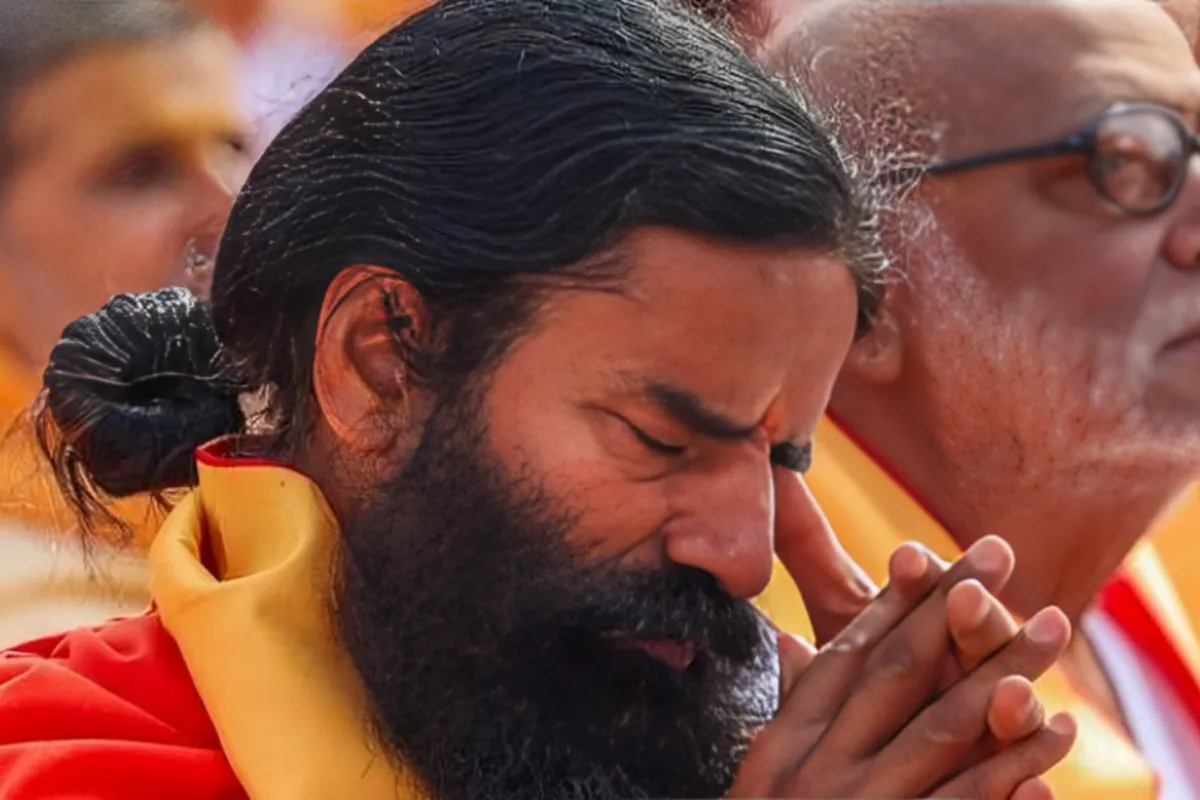The Supreme Court of India has taken a stern stance against Patanjali Ayurved and its founder Acharya Balakrishnan for disseminating misleading advertisements across various media platforms. The apex court’s action came in response to a petition filed by the Indian Medical Association, highlighting the deceptive nature of Patanjali’s promotional campaigns.
Contempt Notice and Criticism
The Supreme Court issued a contempt notice to Patanjali Ayurved and Acharya Balakrishnan, granting them a three-week period to respond. Justices Hima Kohli and A Amanullah criticized Patanjali for continuing to release misleading advertisements despite previous warnings and court orders. The bench expressed dismay at Patanjali’s claims of superiority over conventional medicines, emphasizing that such advertisements deceive the public.
Previous Warning and Ban on Disease-related Advertisements
In November 2023, the Supreme Court had cautioned Patanjali that it would face a fine of Rs 1 crore for making false claims regarding the curative properties of its products. Moreover, the court banned Patanjali from advertising any product related to diseases or medical conditions.
Defamation Case and Press Conference
Senior advocate PS Patwalia, representing the Indian Medical Association, highlighted a press conference conducted by Baba Ramdev, a prominent figure associated with Patanjali. Patwalia pointed out that Patanjali had published advertisements claiming to cure various ailments, including diabetes and asthma, in violation of the law. The court also noted a defamation case filed by Patanjali against the Advertising Council.
Judicial Scrutiny and Demand for Accountability
The Supreme Court questioned the legitimacy of Patanjali’s claims of providing “permanent relief” from diseases, asserting that such assertions are either tantamount to curing the illness or implying death. The court demanded that Patanjali demonstrate how it has fulfilled its obligations to combat misleading advertising practices.
